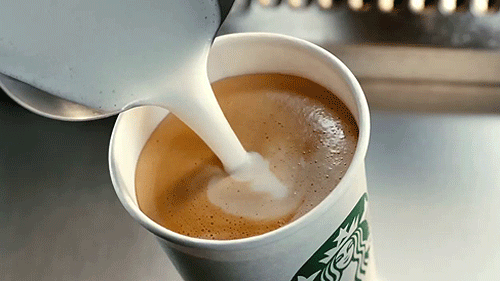Keeping your blood glucose in check can be a pain in the proverbial, especially when you remember some things can affect your blood glucose that are absolutely beyond your control.
We’ve narrowed down 8 of the most surprising causes blood sugar changes.
#8 Sleep (Dawn Phenomenon)
The dawn phenomenon isn’t quite as fun or interesting as it sounds (unless you’re a hepatologist or part of some other thrilling liver-based profession, that is). Basically though, your body releases glucagon in the mornings, often between 2am and 8am. To avoid this happening, try eating less carbs before bed.
#7 Artificial sweeteners
Sorry to be the bearer of bad news… well, it’s not all bad. A group of people drank a drink containing Splenda before ingesting a measured amount of glucose; their blood sugar peaked at higher levels than when they drank plain water. This research isn’t the be all and end all, though. Other research has found these same sweeteners to have no effect on blood glucose levels whatsoever. As always, carry on eating to your meter.
#6 Dehydration
Drinking plenty of water is great for you in pretty much every way, and there’s definitely no exceptions for those of us with diabetes. Higher blood sugar can cause a few problems, one being that it causes you to wee more – this is due to the excess glucose that your body is trying to get rid of. In turn, this makes you feel absolutely parched.
#5 Certain medications
Steroids, while they’re an absolute godsend for treating inflammatory conditions, autoimmune disorders (diabetes excluded, sorry!) and asthma, can be pretty bad news for anyone with diabetes. Steroids are well known to make blood glucose readings skyrocket, so you should take a little extra care if you do end up taking them for anything. Other drugs such as birth control pills, antidepressants, antipsychotics and decongestants can also raise your blood sugar dramatically.
#4 ‘That time of the month’
Alright chaps, turn away now because I’m about to start talking about periods. As if periods weren’t evil enough with all their cramps, bloating and wild mood swings… they are also known to affect blood sugar levels. This is especially true during the premenstrual time before your period. If you find that your blood sugar levels are running a little high at about ‘that time’, try cutting out some carbs here and there.
#3 Weather
Hot weather, cold weather, put both of those together and you have an average day in the UK. Some people with diabetes may see their blood sugar sneaking upwards on hot days because their body is having to work much harder. Those on insulin may even notice themselves dropping low – this is because high temperatures cause blood vessels to dilate, sometimes enhancing insulin absorption.
#2 Alcohol
The week’s over and you fancy a little (or a large – I won’t judge) tipple… 3 hours later and your blood sugar has either totally bombed or skyrocketed. It’s a normal, yet potentially dangerous situation. When you’re drinking, it’s extra important to keep a close eye on your blood glucose and perhaps test a little more regularly than you usually would.
#1 Caffeine

Caffeine is an absolute staple for people all over the world, and deserves its crown as the most accessible (legal) stimulant out there. I’m sorry, fellow coffee lovers, but the news isn’t so great: a study showed that continued high caffeine consumption has been shown to impair insulin sensitivity in people with Type 2 Diabetes [20]. This doesn’t only include coffee, but other caffinated drinks like coffee, cola and more. Moreover, grabbing a coffee from your favourite high street coffee joint can spell disaster in the form of the dreaded hidden sugars *spooky hands*



